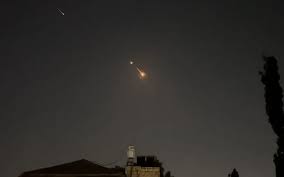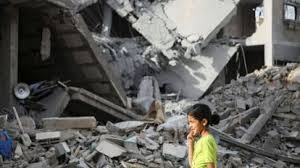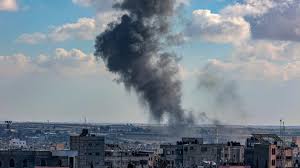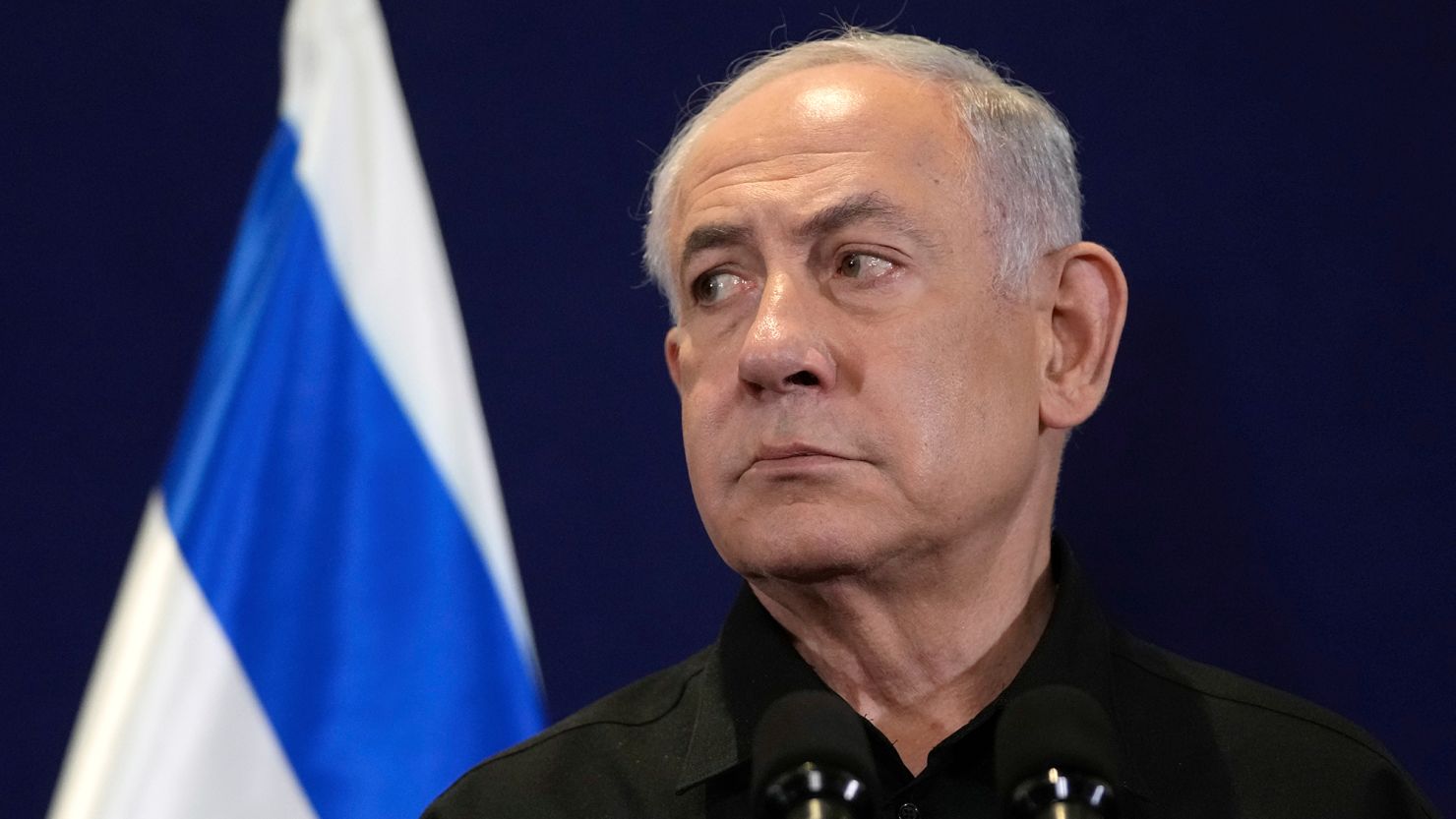Iran launches hundreds of missiles, drones in first direct attack on Israel

NEW DELHI: Iran has launched hundreds of drones and missiles against Israel, in an unprecedented attack that came as a response to an Israeli raid on the Iranian consulate in Syria two weeks ago.
The overnight escalation came more than six months into Israel’s devastating war on the Gaza Strip, which has killed more than 33,000 Palestinians and pushed the besieged territory to the brink of famine.
The war has driven up tensions in the region, spreading to fronts with Lebanon and Syria and drawing long-range fire at Israeli targets from as far away as Yemen and Iraq.
The Israeli military said on Sunday the Iranian salvo consisted of more than 300 “killer drones, ballistic missiles and cruise missiles”, but that 99 percent were intercepted with help from forces from France, the United Kingdom and the United States.
The launches, which the army said came from Iran, as well as from Iraq and Yemen, set off air raid sirens in cities across Israel, including Tel Aviv, with explosions heard as air defences intercepted the projectiles.
Medics said a girl in southern Israel was wounded by shrapnel from an intercepted drone, while the military said “a small number of hits were identified, including at [an Israeli military] base in southern Israel, where minor damage was caused to infrastructure”.
Iran’s Islamic Revolutionary Guard Corps (IRGC) confirmed the attack, saying it launched the drones and missiles under Operation True Promise as part of the punishment for “the Zionist entity’s crime of targeting the Iranian consulate in Syria” on April 1.
The raid in Damascus killed 13 people, including two senior generals in the IRGC’s elite Quds Force.
Israel has neither confirmed nor denied responsibility for the consulate attack.
With the missiles and drone attack, Iran’s mission to the United Nations said it now deemed the matter “concluded” and warned Israel of a “considerably more severe” response should the “Israeli regime make another mistake”.
Before the Iranian attack, Iraq, Jordan and Lebanon announced temporarily closing their airspace, while Syria also put on high alert its Russian-made Pantsir ground-to-air defence systems around Damascus and major bases, according to the Reuters news agency.
Earlier on Saturday, Iranian armed forces seized a container ship linked to Israel near the Strait of Hormuz.
Western countries condemned Iran’s missile and drone assault, including the US, the UK, the Czech Republic, Denmark, France, Mexico, the Netherlands and Norway. Egypt and Saudi Arabia called for restraint, while the UN Security Council scheduled an emergency session to discuss the matter at Israel’s request.
US President Joe Biden cut short a weekend stay at his Delaware beach house to meet his national security team at the White House on Saturday afternoon. He also spoke with Israeli Prime Minister Benjamin Netanyahu late on Saturday, reaffirming Washington’s “ironclad commitment” to its ally’s security.
Biden said he told Netanyahu that “Israel demonstrated a remarkable capacity to defend against and defeat even unprecedented attacks – sending a clear message to its foes that they cannot effectively threaten the security of Israel”.
Netanyahu, in a brief post on X, said Israel will achieve victory.
“We intercepted, we repelled, together we shall win,” he added.
The Pentagon meanwhile reported that defence chief Lloyd Austin had spoken with his Israeli counterpart “to discuss urgent regional threats … and made clear that Israel could count on full US support to defend Israel against any attacks by Iran and its regional proxies”.
UN Secretary-General Antonio Guterres also condemned Iran’s attack, saying he was “deeply alarmed about the very real danger of a devastating region-wide escalation”.











